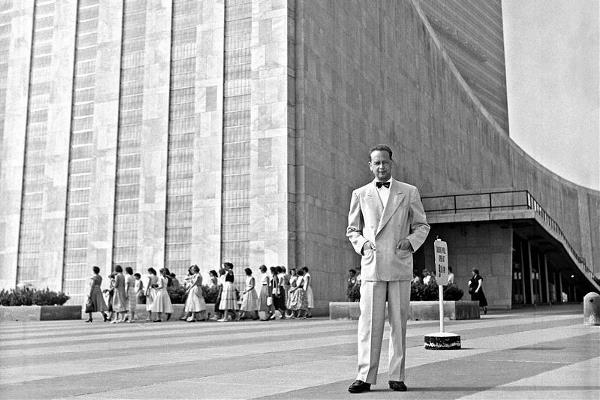The Invisible History of the United Nations and the Global South
Challenging the Liberal World Order from Within, The Invisible History of the United Nations and the Global South, 1945-1981.
Centre of Expertise Global and Inclusive Learning

‘Challenging the Liberal World Order from Within, The Invisible History of the United Nations and the Global South, 1945-1981.’ (INVISIHIST)
Of the 193 member states of the United Nations, over half belong to the grouping known as the Global South (also called the Developing World or Third World). Since its creation in 1945, Global South actors have sought to redefine political dynamics and change normative practices through the UN. Yet, histories of the organization are predominantly from the Western perspective. Challenging this view, this research will make a ground-breaking contribution to the field, providing a new genealogy of the UN within the contextual frame of global history in order to investigate how Global South actors shaped global order. It will bring together different perspectives of the UN from archives across the Global South, revealing currently invisible histories of the organization by examining how it was developed by Global South actors between 1945-1981.
The project’s innovative contribution is in explaining the ways in which the UN has changed over time by placing an emphasis on the dynamic role of Global South actors. The research will elucidate histories of the ordering role of institutions at a moment when global governance is in crisis and the liberal world order appears to be fragmenting. Its primary impact will be in decolonizing the historiography by highlighting the historical agency of Global South actors, and transposing the importance of the organization in the longer history of the latter half of the twentieth century to provide a truly global history of the UN.